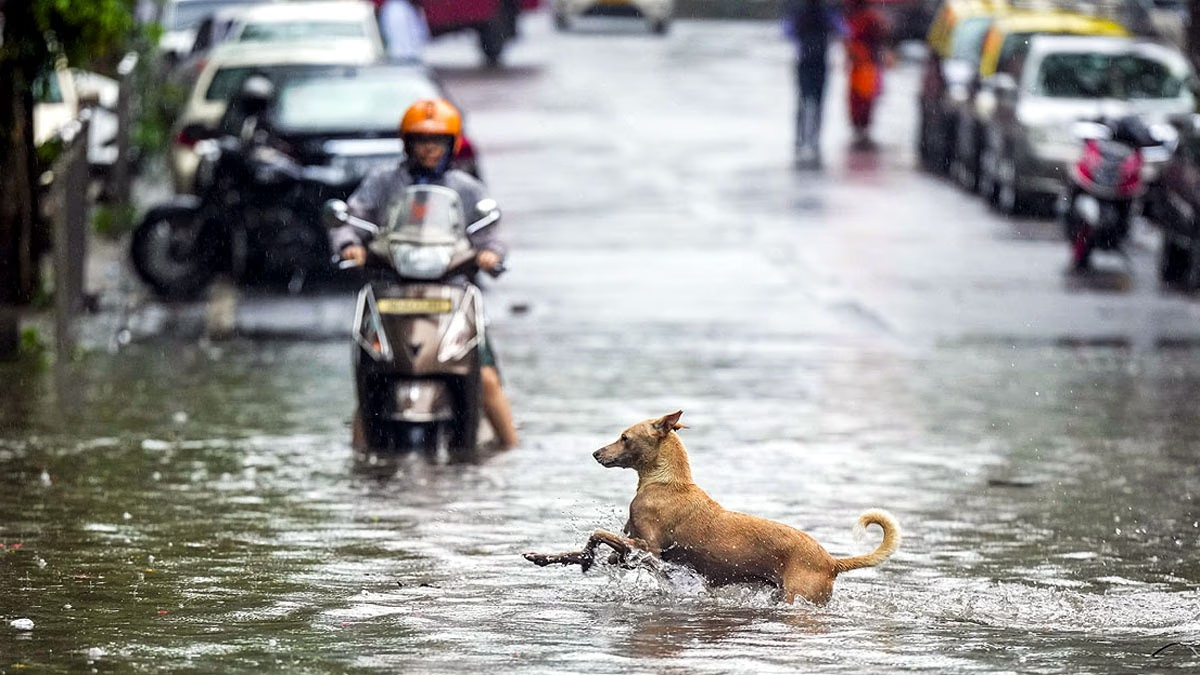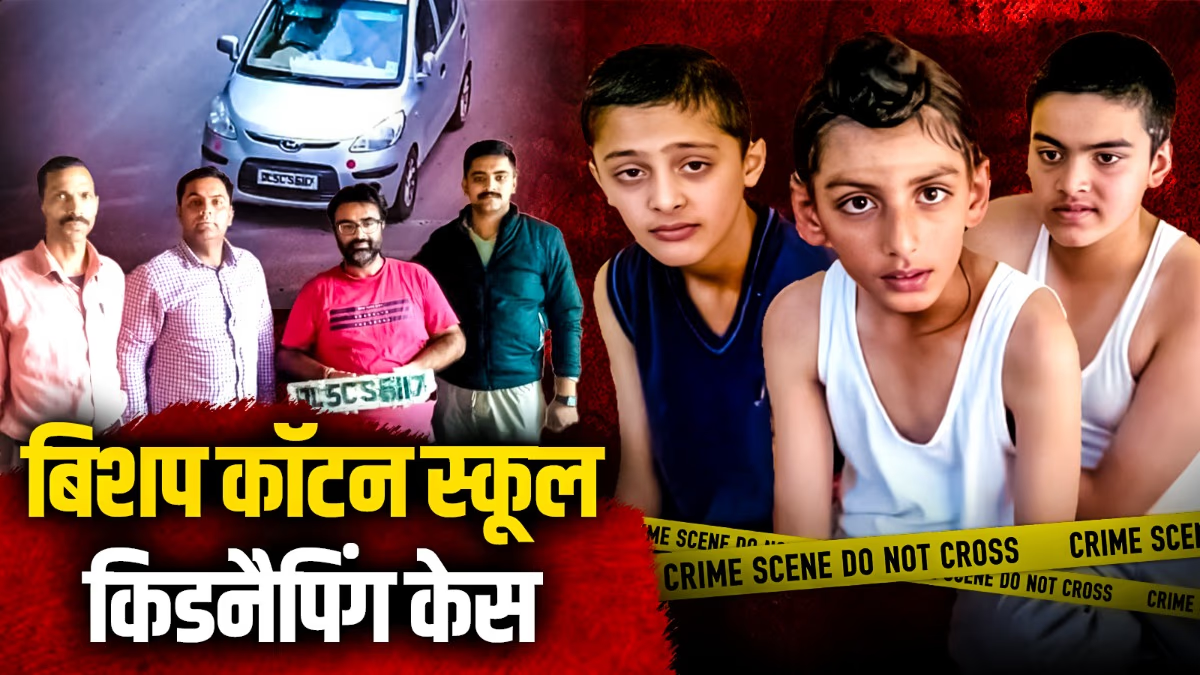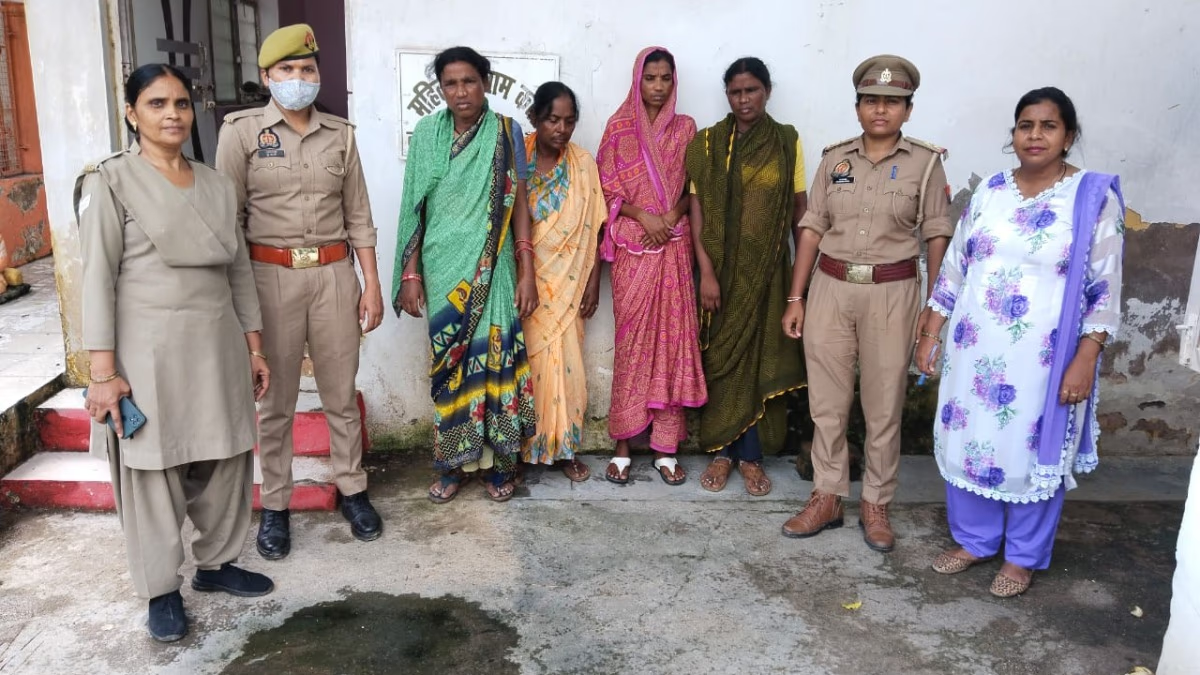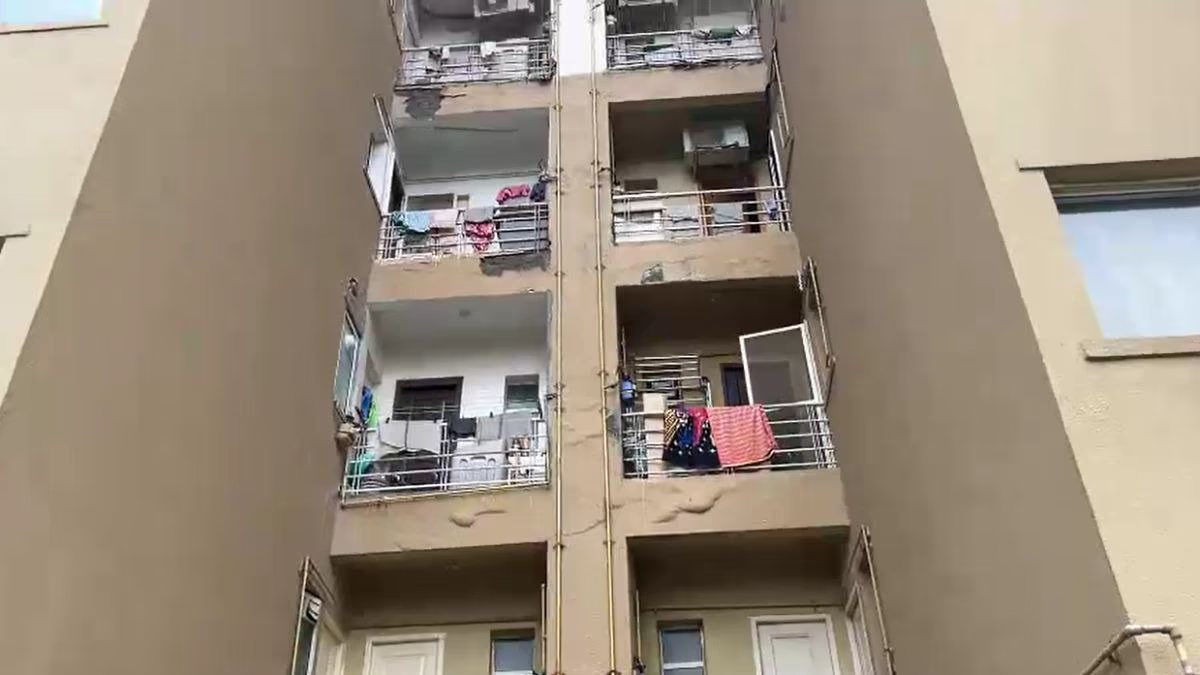The Supreme Court on Monday ordered all homeless dogs to be removed from the streets of Delhi-NCR and placed in shelter homes, which sparked significant displeasure among animal rights activists. However, this order faces criticism from activists who argue it contradicts current laws and regulations.
According to notifications from the Animal Welfare Board of India (AWBI) and the central government, the issues of feeding stray dogs and their rights are comprehensively covered. The rules explicitly state that stray dogs cannot be killed nor removed from their region.
Under Clause 7 of Section 11 of the Animal Birth Control (ABC) Rules 2023, it is clarified that only dogs from one area will be brought to the ABC center for sterilization and vaccination at a time, and efforts must be made to avoid mixing dogs from different regions.
Clause 8 further states that all caught dogs will be immediately fitted with numbered collars upon reaching the ABC center. This number will match the capture record to ensure that after sterilization and vaccination, the dog is released back into the area where it was captured.
According to the rules, it is mandatory for local bodies to capture dogs, vaccinate and sterilize them, prevent the birth of puppies, and then release them back to their original location. To monitor this entire process, there are committees at the local, state, and central levels tasked with oversight and implementation.
The ABC Rules 2023 also establish specific guidelines for feeding community animals, including engaging with local residents before designating feeding spots and ensuring feeders maintain cleanliness at these points. Additionally, the local body is responsible for launching an animal helpline and establishing ABC centers.
If a dog bites someone, it should humanely be captured and placed in an isolation kennel to allow a veterinarian to observe whether it’s merely aggressive or suffering from rabies or another disease. If the aggression is due to illness or injury, an animal welfare organization will provide treatment. An aggressive dog will be handed over to an organization for monitoring and treatment, while a rabies-infected dog will remain in isolation until its natural death.
During Monday's hearing, Senior Advocate Siddharth Luthra, representing the animal rights activists, argued that the directive to remove stray dogs from neighborhoods and send them to government shelters contradicts AWBI’s guidelines. However, the Supreme Court bench stated that regardless of the rules, the reality is that stray dogs need to be removed from public parks and areas to keep children safe while cycling and playing and also to ensure the safety of older adults.
Dr. Asher Jesudas, a member of the Executive Committee of the Delhi State Animal Welfare Board, opined on Aaj Tak that the court order is peculiar and presents serious challenges in implementation. He pointed out that AWBI's rules explicitly prohibit the removal of dogs. It also goes against the principle of non-violence and the intent to prevent cruelty to animals. He noted that currently, Delhi only has 20 registered ABC centers operated by NGOs registered with the municipal corporation. Each shelter can accommodate only 30-40 dogs at one time. Dogs are brought in for sterilization and once recovered from surgery, released back into their territory. There are also unregistered private shelters run by activists, but data on them is unavailable.
Jesudas questioned the sterilization data from the Delhi Municipal Corporation (MCD), stating that MCD claims seven lakh dogs were sterilized in the past five years, yet no decrease in street dogs is observed. This clearly indicates corruption and false reporting.
Bharati Ramachandran, CEO of the Federation of Indian Animal Protection Organizations (FIAPO), called the court's order a startling decision, stating that it is impractical and inhumane to shelter healthy, vaccinated dogs on a large scale. Overcrowded shelters lead to extreme stress, injury, sickness, and suffering for dogs and divert resources from effective measures like rabies prevention. WHO and other global organizations argue that shelters should only serve sick, injured, or street-unfit dogs, while healthy community dogs should be allowed to live in their native areas.
Ramachandran suggested the real solution is to significantly enhance Delhi's sterilization and vaccination programs, improve waste management to reduce human-dog conflicts, and launch public awareness campaigns about coexistence. This approach protects both humans and animals.
Activists are reportedly considering legal options to challenge this order, including applying for amendments, extending deadlines, and revoking the directive to capture and remove dogs. Activists may file a reconsideration petition before the bench to fully retract and alter Monday's order, as it contradicts statutory rules under the Animal Welfare Act, stating that they are seeking legal advice and will approach the court when the time is right.




